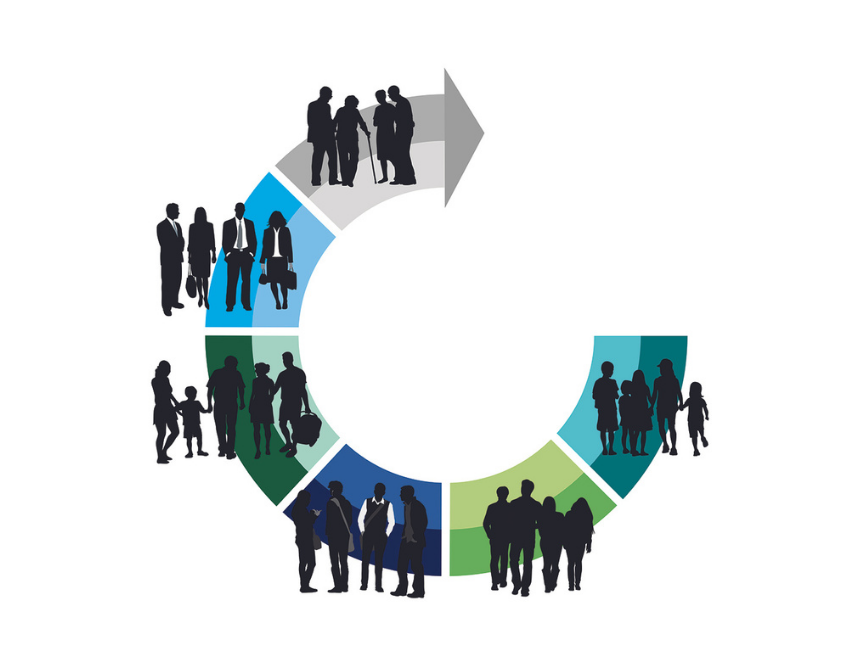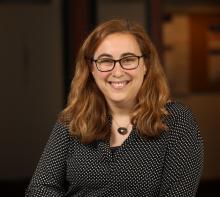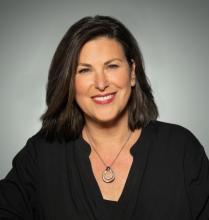
Member Prices
This interactive virtual discussion advances your understanding of depression across the lifespan through clinical and research perspectives.
Learning Objectives:
- Participants will be able to identify several examples of evidence-based biological and psychosocial treatments for depression.
- Participants will be familiar with the role that individual and community factors play in the development and maintenance of depression.
- Participants will be able to identify unique factors that play a role in the development and treatment of depression in youth and older adults.
Individual Presentations:
The Pros and Cons in Pushing the Antidepressant Drug Development Envelope
featuring Alan F. Schatzberg, MD
In the past few years, the field has turned to agents with unique mechanisms of action that can be developed for patients particularly with refractory major depression or post-traumatic stress disorder. Several of these are mind altering or potentially abuseable and the risk-benefit of these approaches needs to be discussed. Dr. Schatzberg presents on the rationale for developing several of these agents and the potential problems for abuse or mind alteration that they may pose.
When Discrimination Hurts: Depression in Minoritized Youth
featuring Gabriela Livas Stein, PhD
Dr. Stein presents research focusing on the impact of discrimination on Latinx and other minoritized youth and families, and how different culturally promotive and coping resources may be enacted by youth when experiencing discrimination. She concludes by presenting on a new prevention program aimed at helping parents provide racial/ethnic socialization messages for youth of color called “One Talk at A Time.”
Panel Discussion:
Innovations in Transdisciplinary Treatment for Depression Across the Lifespan
featuring Namkee Choi, PhD, Shawn Jones, PhD, MHS, Gabrielle Liverant, PhD, and David Mischoulon, MD, PhD
This panel discussion takes a transdisciplinary perspective on depression, featuring experts in the etiology and treatment of depression across the lifespan and in various cultural frameworks. Panelists bring expertise in depression in youth, families, and older adults; transdiagnostic and racial-ethnic, cultural, and identity factors underlying risk for depression; and in community-based, psychosocial, biological, and complementary and alternative medicine approaches to the treatment of depression. Moderated Gabrielle Liverant, PhD, the panel discussion explores innovative approaches to understanding, preventing, and treating depression.
Moderated by: Barbara Kamholz, PhD, ABPP
ADAA's 2021 Virtual Fall Forum was coordinated by the ADAA Professional Education Committee. A special thank you to Committee Chair Gabrielle Liverant, PhD.
Accreditation Statement
In support of improving patient care, this activity has been planned and implemented by Amedco LLC and Anxiety and Depression Association of America (ADAA). Amedco LLC is jointly accredited by the Accreditation Council for Continuing Medical Education (ACCME), the Accreditation Council for Pharmacy Education (ACPE), and the American Nurses Credentialing Center (ANCC), to provide continuing education for the healthcare team.
Physicians (ACCME)
Amedco LLC designates this live activity for a maximum of 3.0 AMA PRA Category 1 CreditsTM. Physicians should claim only the credit commensurate with the extent of their participation in the activity.
Amedco LLC designates this enduring material for a maximum of 3.0 AMA PRA Category 1 CreditsTM. Physicians should claim only the credit commensurate with the extent of their participation in the activity.
Psychologists (APA)
Amedco LLC designates this activity for a maximum of 3.0 Live Activity / 3.0 Enduring Material Psychologist contact hours.
The following state boards accept courses from APA providers for Counselors: AK, AL, AR, AZ, CA, CO, CT, DC, DE, FL, GA, HI, IA, ID, IL, IN, KS, KY, MD, ME, MO, NC, ND, NH, NE, NJ, NM, NV, OK, OR, PA, RI, SC, SD, TN, TX, UT, VA, WA, WI, WY
MI: No CE requirements
The following state boards accept courses from APA providers for MFTs: AK, AR, AZ, CA, CO, CT, DE, FL, GA, IA, ID, IN, KS, MD, ME, MO, NE, NC, NH, NJ, NM, NV, OK, OR, PA, RI, SC, SD, TN, TX, UT, VA, WA, WI, WY
MI: No CE requirement
The following state boards accept courses from APA providers for Addictions Professionals: AK, AR, CO, CT, DC, DE, GA, IA, IN, KS, LA, MD, MO, MT, NC, ND, NE, NJ, NM, NY (outstate held)*, OK, OR, SC, UT, WA, WI, WY
MA / MFTs: Participants can self-submit courses not approved by the MAMFT board for review.
The following state boards accept courses from APA providers for Social Workers: AK, AR, AZ, CA, CO, DE, FL, GA, ID, IN, KY, ME, MN, MO, NE, NH, NM, OR, PA, VT, WI, WY
* If the activity is held live in the state of NY, then direct addictions board is required, ie: NAADAC. If the activity is held outside NY, is virtual, enduring or remote, it is considered "outstate" and this reciprocity applies.
Social Workers (ASWB)
As a Jointly Accredited Organization, Amedco is approved to offer social work continuing education by the Association of Social Work Boards (ASWB) Approved Continuing Education (ACE) program. Organizations, not individual courses, are approved under this program. State and provincial regulatory boards have the final authority to determine whether an individual course may be accepted for continuing education credit. Amedco maintains responsibility for this course. Social Workers completing this course receive up to 3.0 Live Activity / 3.0 Enduring Material GENERAL continuing education credits.
The following state boards accept courses offering ASWB ACE credit for Social Workers: AK, AL, AR, AZ, CA, CO, CT, DC, DE, FL, GA, HI, ID, IL, IN, IA, KS, KY, LA, ME, MD, MA, MI, MN, MS, MO, MT, NC, ND, NE, NH, NM, NV, OH, OK, OR, PA, RI, SC, SD, TN, TX, UT, VT, VA, WA, WI, WV, WY
* WV accepts ASWB ACE unless activity is live in West Virginia, then an application is required.
The following state boards accept courses offering ASWB ACE credit for Counselors: AK, AR, AZ, CA, CO, CT, DC, FL, GA, IA, ID, IL, IN, KS, MA, MD, ME, MO, ND, NE, NM, NH, NV, OK, OR, PA, TN, TX, UT, VA, WI, WY
AL/Counselors: Activities not providing NBCC approval may be approved by the Board for individual licensees upon receipt of acceptable documentation prior to the activity. Please send course details to your licensing board for approval BEFORE the event. No approvals afterward by the board.
MI: No CE requirement
The following state boards accept courses offering ASWB ACE credit for MFTs: AK, AR, AZ, CA, CO, FL, IA, ID, IN, KS, MD, ME, MO, NC, NE, NH, NM, NV, OK, OR, PA, RI, TN, TX, UT, VA, WI, WY
MA / MFTs: Participants can self-submit courses not approved by the MAMFT board for review.
MI: No CE requirement
The following state boards accept courses offering ASWB ACE credit for Addictions Professionals: AK, CA, CO, CT, GA, IA, IN, KS, LA, MO, MT, ND, NM, NV, OK, OR, SC, WA, WI, WV, WY
New York Board for Social Workers (NY SW)
Amedco SW CPE is recognized by the New York State Education Department’s State Board for Social Work as an approved provider of continuing education for licensed social workers #0115.
3.0 Live Activity / 3.0 Enduring Material.
New York Board for Psychology (NY PSY)
Amedco is recognized by the New York State Education Department’s State Board for Psychology as an approved provider of continuing education for licensed psychologists #PSY-0031.
3.0 Live Activity / 3.0 Enduring Material.
NBCC
The Anxiety and Depression Association of American (ADAA) has been approved by NBCC as an Approved Continuing Education Provider, ACEP No. 6872. Programs that do not qualify for NBCC credit are clearly identified. ADAA is solely responsible for all aspects of the programs.
CAMFT
The CAMFT board accepts credits from providers approved by the American Psychological Association (APA).


















